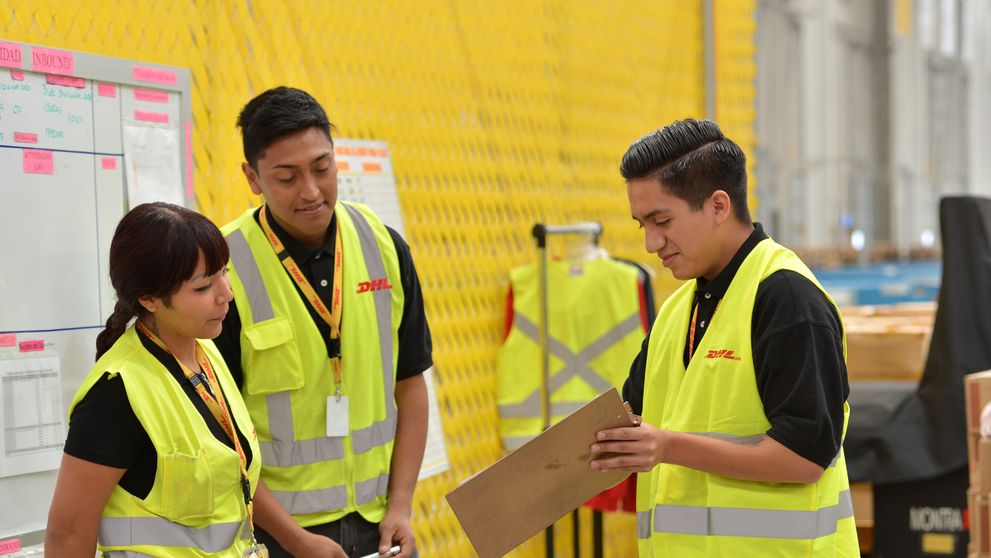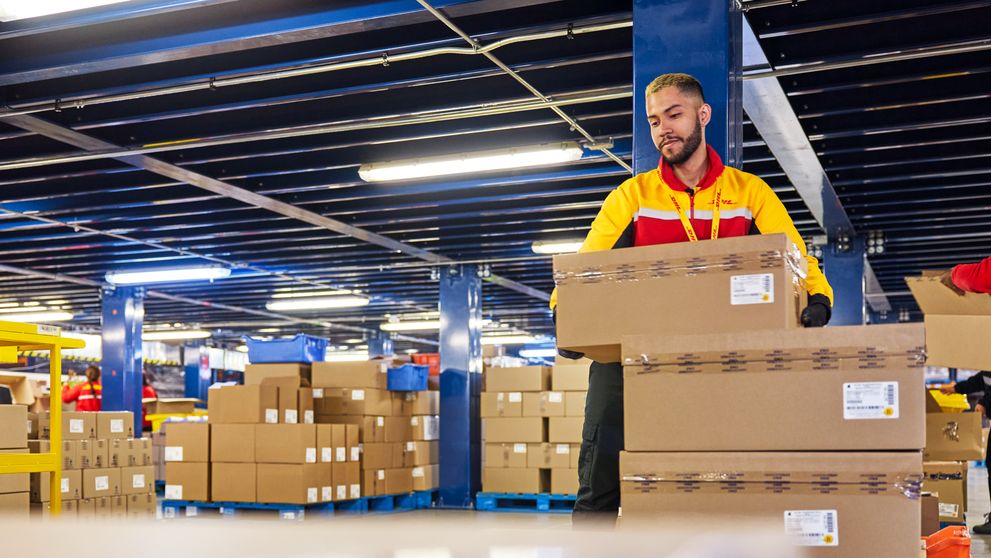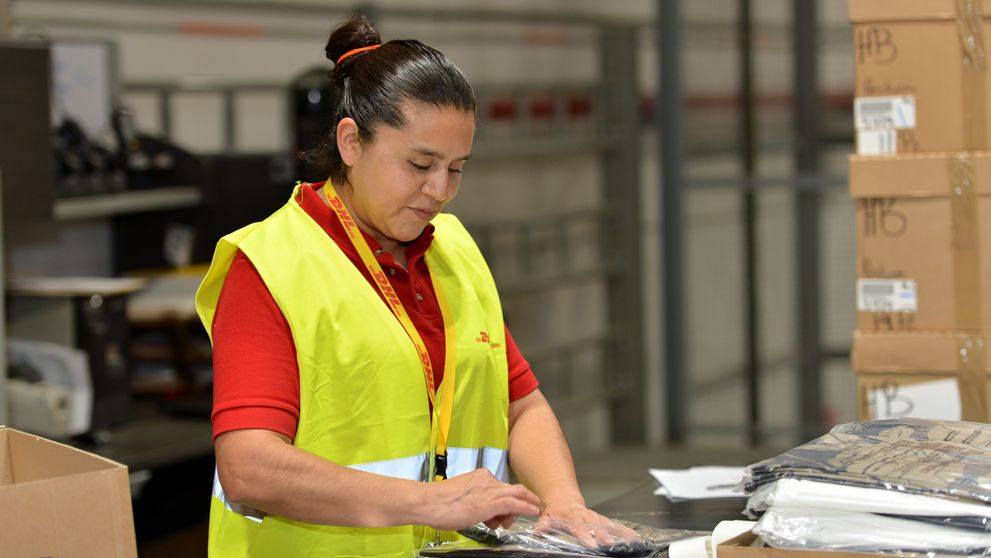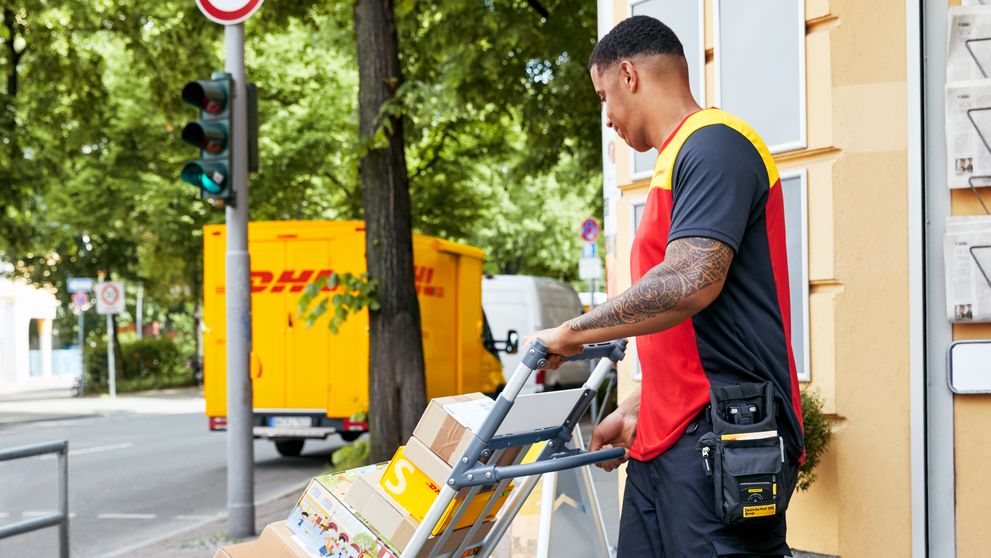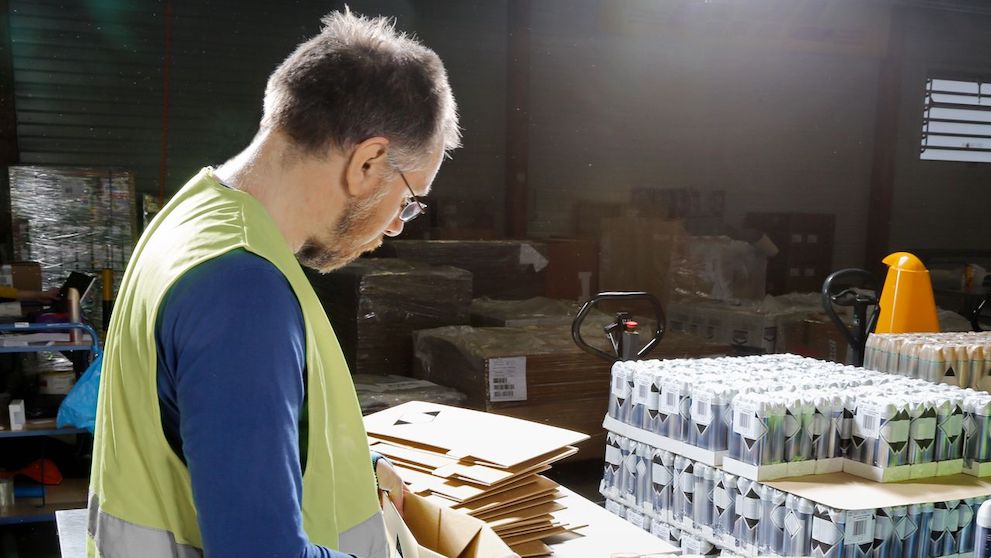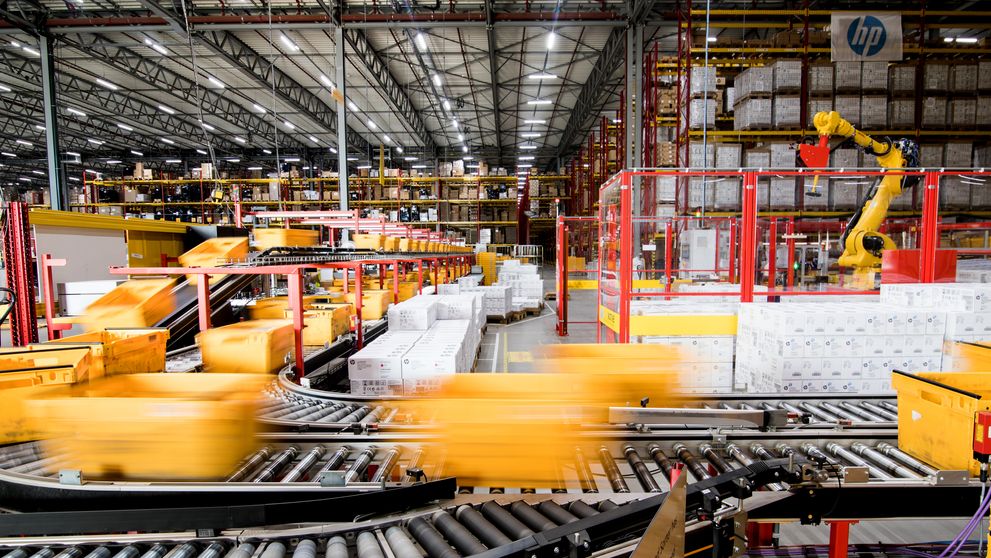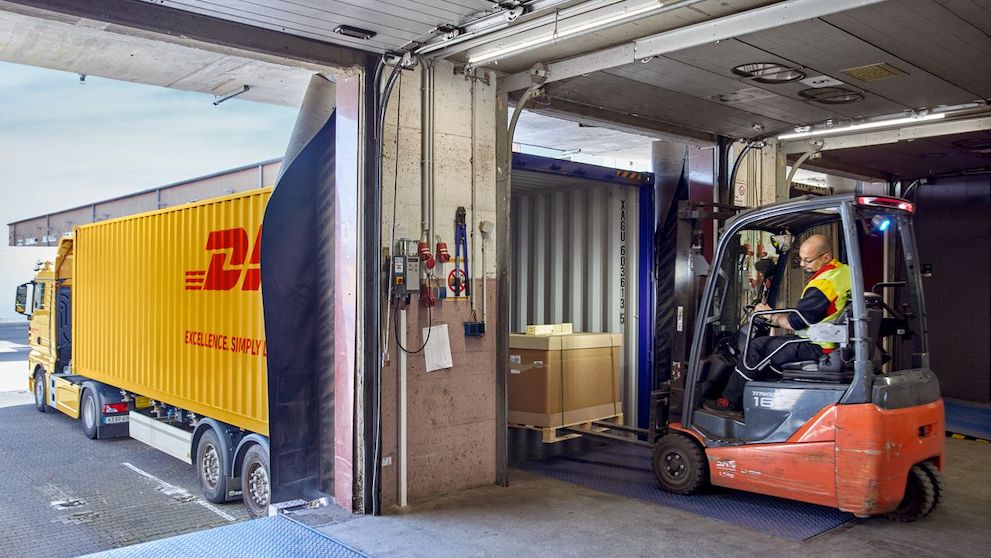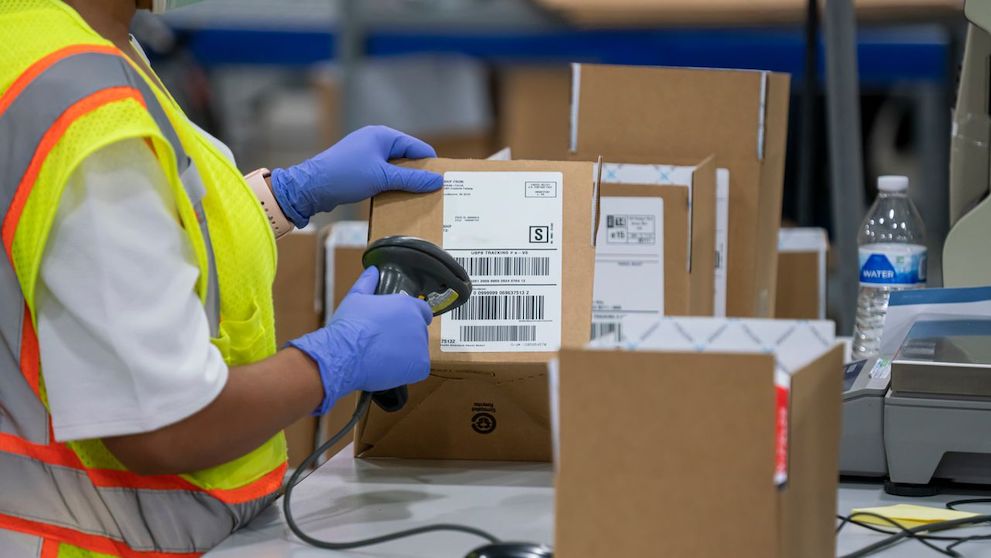Thailand has solidified its position as a key trading ally for the United Arab Emirates (UAE) within the Association of Southeast Asian Nations (ASEAN) group, ranking as the second-largest trading partner in the region. This vital relationship highlights the UAE as Thailand's primary trading partner in the Middle East and positions it as the 13th largest globally.
In pursuit of further enhancing this partnership, Thailand and the UAE are actively negotiating a Comprehensive Economic Partnership Agreement (CEPA), slated for potential implementation by mid-2024. This agreement aims to expand trade and investment across vital sectors, including information technology, food security, financial services, and logistics, thereby creating substantial business opportunities in both nations.
According to data from the BACI database provided by CEPII, Thailand's exports to the UAE in 2022 amounted to US$3.4 billion. Notably, the top exports from Thailand to UAE included cars, delivery trucks, air conditioning units, and office machine parts. Additionally, motor vehicle parts and accessories, broadcasting equipment, and jewellery also emerged as significant contributors to this total.
The prospective CEPA, combined with the established robust trade connections, provides Thai businesses involved in these sectors with a significant opportunity to enhance their market presence in the Middle East.
Understanding the UAE market
The UAE, prominently ranked among the top six wealthiest countries globally by Global Finance Magazine, displays a pronounced preference for luxury, which heavily influences its import habits. This is particularly evident in its importation of vehicles from Thailand, including luxury models, as highlighted by Trading Economics' UAE import data.
These vehicles align perfectly with the local affinity for high-end transportation seen throughout Dubai, considered among the top cities where the most expensive cars reside. Additionally, the allure of Thai jewellery, renowned for its fine craftsmanship, resonates deeply with the UAE's affluent consumers.
Beyond these high-end goods, other major imports of the UAE from Thailand include essential food products like meat, fish, and seafood preparations, as well as fruits and vegetables. Due to the desert climate and environment in Middle Eastern countries, agricultural capacities are significantly constrained.
As a result, the export of these vital commodities to the Middle East provides Thai businesses in these sectors, as well as UAE importers with opportunities to address this lack of local production and boost economic interactions within the region.
Navigating UAE's shipping regulations and requirements
Understanding the shipping regulations and requirements requires careful attention to detail to ensure successful UAE customs clearance. Here’s what you need to know to navigate these processes effectively.
Import regulations
First and foremost, businesses must obtain the correct trade licence from the Department of Economic Development (DED). Notably, import businesses in Dubai or within the UAE need to receive a delivery order from the Thai exporter. Additionally, they must submit the following trade documentation:
- Bill of lading
- Certificate of origin
- Commercial invoice
- Packing list
- Special import/export permits for restricted goods
- Original copy of the health certificate issued by the relevant government authority (for food products)
- Original copy of the Halal slaughter certificate for meat and poultry products
Prohibited and restricted items
Understanding which items are prohibited and restricted from being imported and exported into the UAE is critical for businesses to ensure compliance and avoid complications.
The list of prohibited items in the UAE includes, but are not limited to:
- Articles related to black magic, witchcraft, or sorcery
- Content opposing Islamic values
- Controlled drugs and narcotics
- Counterfeit currency
- Gambling equipment
- Pirated materials
On the other hand, restricted items for import into the UAE include:
- Alcoholic beverages
- Transmission and wireless technologies
- Cosmetics and personal care products
- Firearms, munitions, detonative substances, and firework
- Live fauna, flora, along with fertilisers and pest control products
- Pharmaceuticals, narcotics, and all medical-related apparatus and instruments
- Printed and digital media content
- Products related to nuclear power
- Vapour-smoking devices, including electronic cigarettes and hookahs
- Tyres for new vehicles
Customs duties and taxes
Thai exports are subject to a standard UAE customs duty of 5% on the CIF (Cost, Insurance, and Freight) value of goods. Notably, UAE import tax escalates to 50% on alcohol and 100% on cigarettes. Adhering to these tax rates is crucial for ensuring smooth customs clearance.
However, upcoming trade agreements, such as the CEPA, may offer preferential treatments, potentially reducing these rates and making it more economical for Thai exporters to ship to Dubai, Abu Dhabi, and other parts of the UAE.
Preparing your shipments for UAE
Ensuring smooth transit for goods shipping from Thailand to Abu Dhabi, Dubai, or other UAE destinations requires careful preparation to meet regulatory compliance and safety standards.
Packaging and labelling standards
To ensure that export products from Thailand meet UAE’s import standards, businesses must adhere to the following packaging and labelling guidelines as stated by the International Trade Administration:
-
- General label requirements: All products must include Arabic or both Arabic and English labels.
- Product-specific requirements:
- Toys must have warnings in Arabic or Arabic and English.
- Cigarettes must carry a health warning label in Arabic.
- Electrical appliances like air conditioners must display energy efficiency ratings.
- Food products:
- Pet food: Labels should be in Arabic or Arabic/English and state "Not fit for human consumption," along with production/expiry dates.
-
- Details such as the product name, ingredients, origin, storage instructions, and nutritional info, if applicable, must be included.
- Expiry dates for items should be printed in day/month/year format.
- Labels must confirm compliance with Halal guidelines; explicitly avoid ingredients derived from non-Halal sources. Products containing pork should be clearly labelled and segregated.
- Organic products must have a certificate if labelled as such; GMO-free products require a GMO-free certificate to support claims.
Furthermore, Thai suppliers should secure advance label approval through their UAE importers to streamline product entry into the UAE. This can be arranged through the Dubai Municipality website, ensuring smoother market access.
Securing cargo or shipping insurance
Securing comprehensive cargo or shipping insurance is vital when exporting from Thailand to Dubai, Abu Dhabi, or any other destination within the UAE. The considerable distance and multiple transit stops across the Middle Eastern region heighten the potential risks, including damage, loss, and delays.
Such insurance mitigates these risks, safeguarding investments as goods navigate various handling points and environmental factors. Whether shipping from Bangkok to Dubai or from any part of Thailand to the Middle East, robust insurance coverage ensures peace of mind and financial protection against unforeseen incidents during transit.
Ship from Thailand to UAE with DHL Express
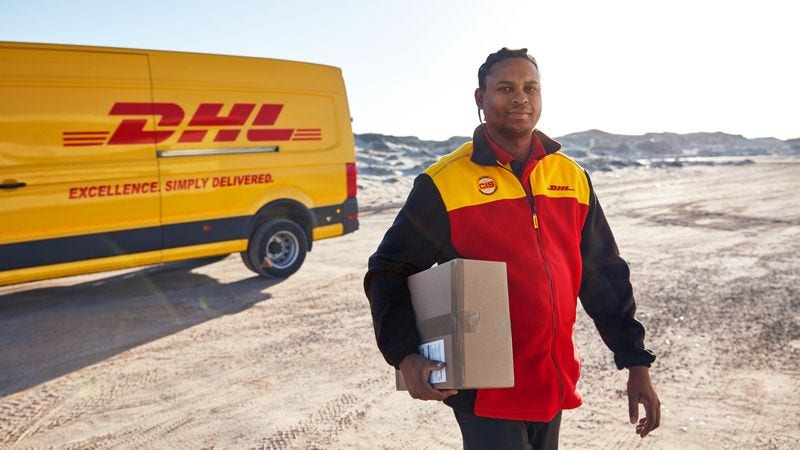
Partnering with a reliable logistics provider ensures your business adheres to the diverse and stringent shipping standards of the UAE and the broader Middle Eastern region.
As a leader in this field, DHL Express Thailand excels in managing complex shipments within these areas. Our customs clearance experts are always on standby to assist businesses in navigating cultural nuances and stringent regulatory demands, ensuring compliance and facilitating smooth delivery.
Additionally, we offer varied international shipping solutions such as Delivery Express for urgent dispatches and On Demand Delivery for flexible scheduling. Each option is backed by comprehensive real-time tracking, which ensures that businesses can monitor their shipments closely, enhancing the reliability and efficiency of their deliveries to the UAE.
Leverage DHL Express's extensive logistics solutions for seamless international shipping from Thailand to the thriving markets of the UAE and the broader Middle Eastern region, including Saudi Arabia, Kuwait, Qatar, Iraq, and more.
Open a business account with DHL Express Thailand today and unlock your business's potential in the Middle East.


